About
Wondering what signs to look out for when it comes to lung problems? We've got you covered! In this easy-to-understand guide, we'll break down the common symptoms to keep an eye on, the red flags that need attention, and why it's important to catch lung issues early.
Whether you're worried about your own lungs or just want to stay informed, this article is packed with helpful info and practical tips. So, breathe in and let's dive right into the important signs that your lungs might be trying to tell you something.
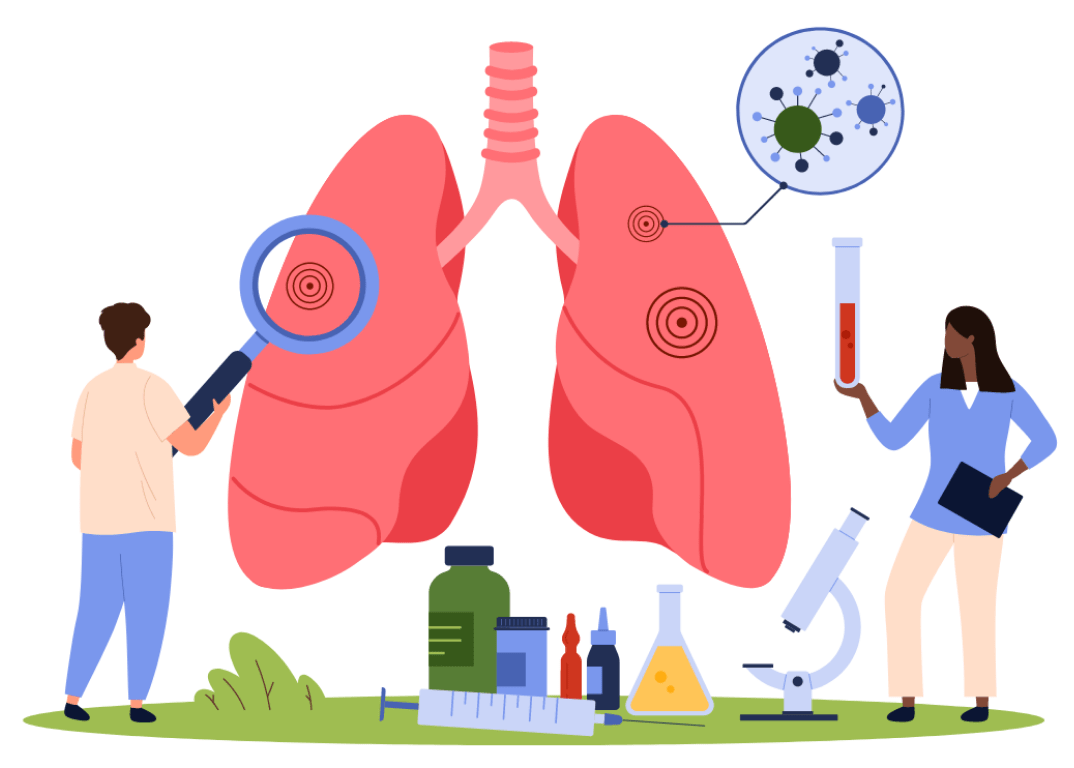
Common symptoms of lung diseases
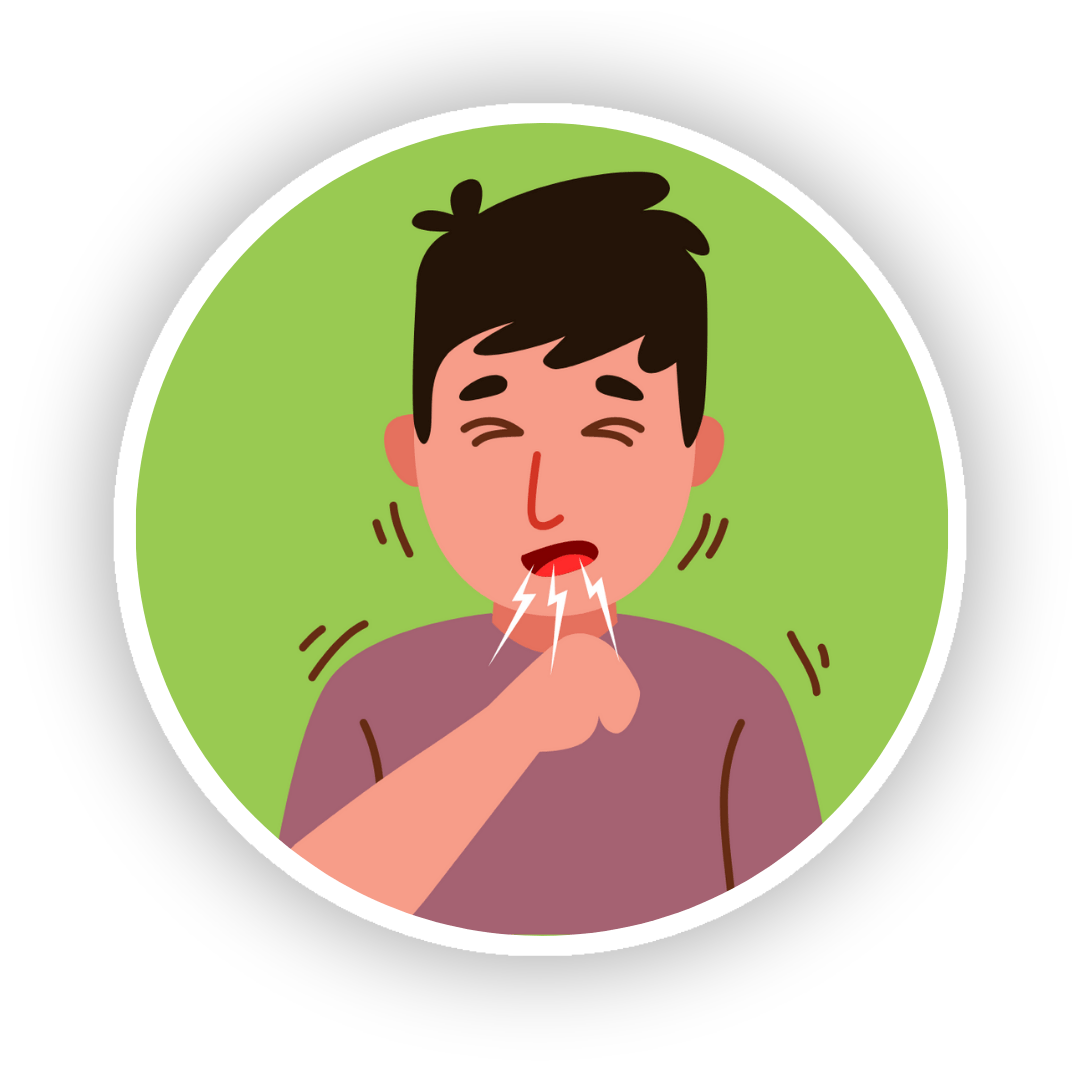
Persistent Cough
Coughing is a natural way of clearing mucus or foreign irritants from the throat. While most coughs clear up or improve within 2 weeks, a cough lasting 8 weeks or longer in adults (or 4 weeks in children) is known as a persistent or chronic cough. Common causes of persistent cough include smoking, bronchitis, asthma, COPD, and respiratory tract infections.1,2
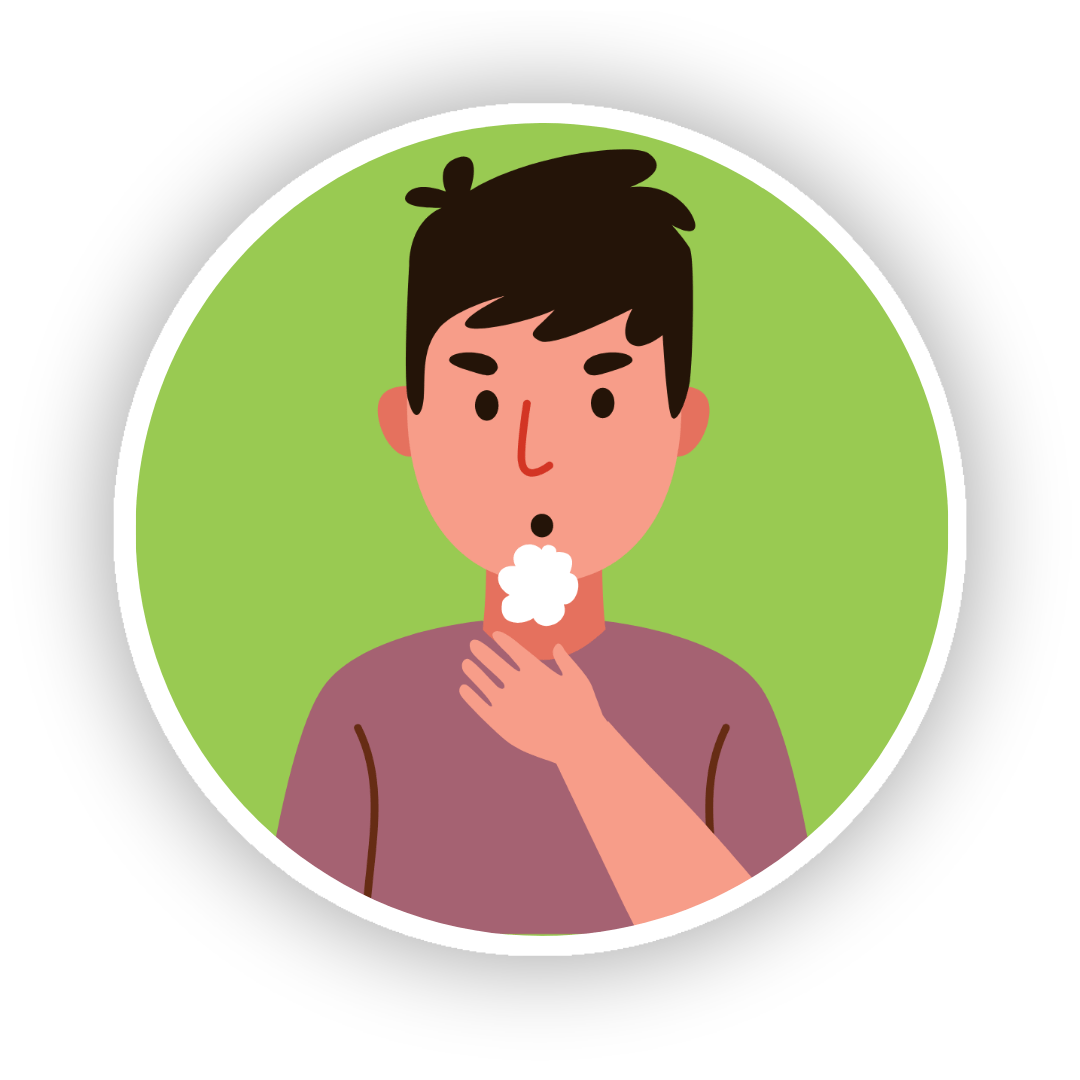
Shortness of Breath
Breathlessness is experienced when your airways get narrowed, making it hard to breathe. It is often linked to long-term conditions like COPD or asthma, etc1,2
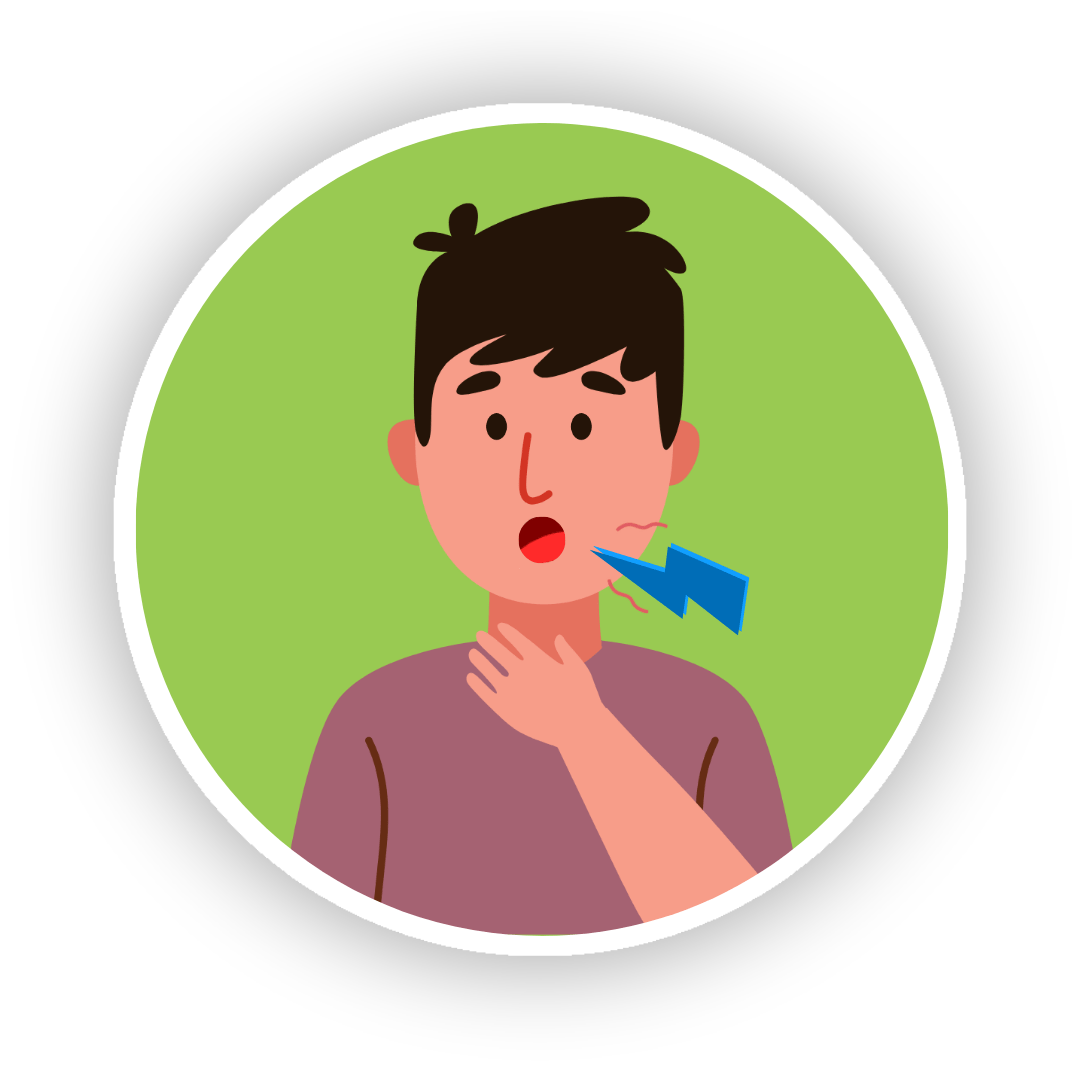
Wheezing
Wheezing is a high-pitched whistling sound made while breathing. It usually occurs because the airways in your lungs are partly blocked or swollen.3,4
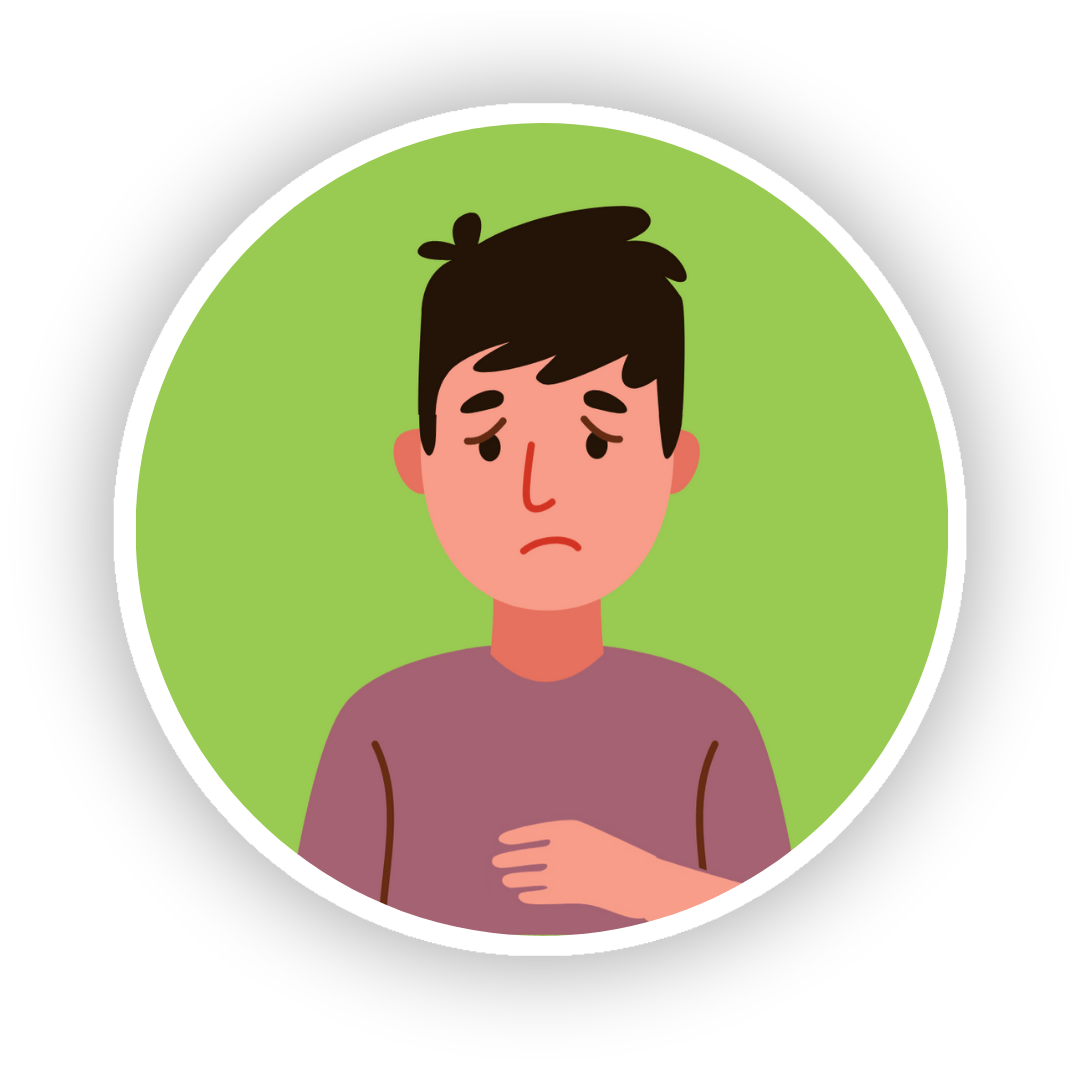
Chest Pain
Chest pain is a common symptom that can be caused by a variety of conditions, including heart problems, lung problems, muscle and bone related problems. It is important to be able to describe your chest pain to your doctor so that they can accurately diagnose the cause.1,2
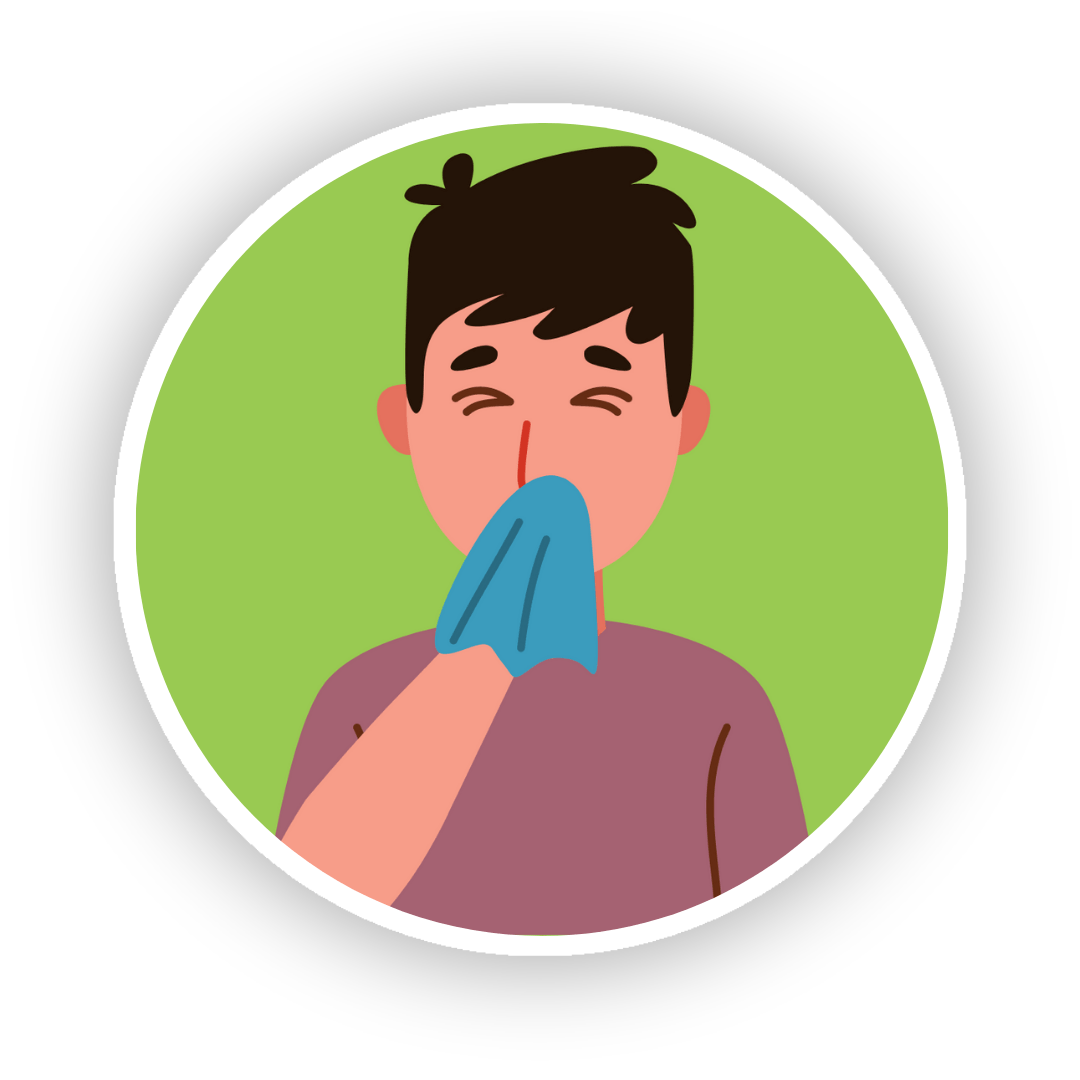
Coughing Up Blood
Coughing up blood, also known as hemoptysis, is a serious symptom that can be caused by a variety of lung diseases. The severity of hemoptysis can range from mild to severe, and it is important to seek medical attention if you are coughing up blood.4
Specific warning signs to watch out for
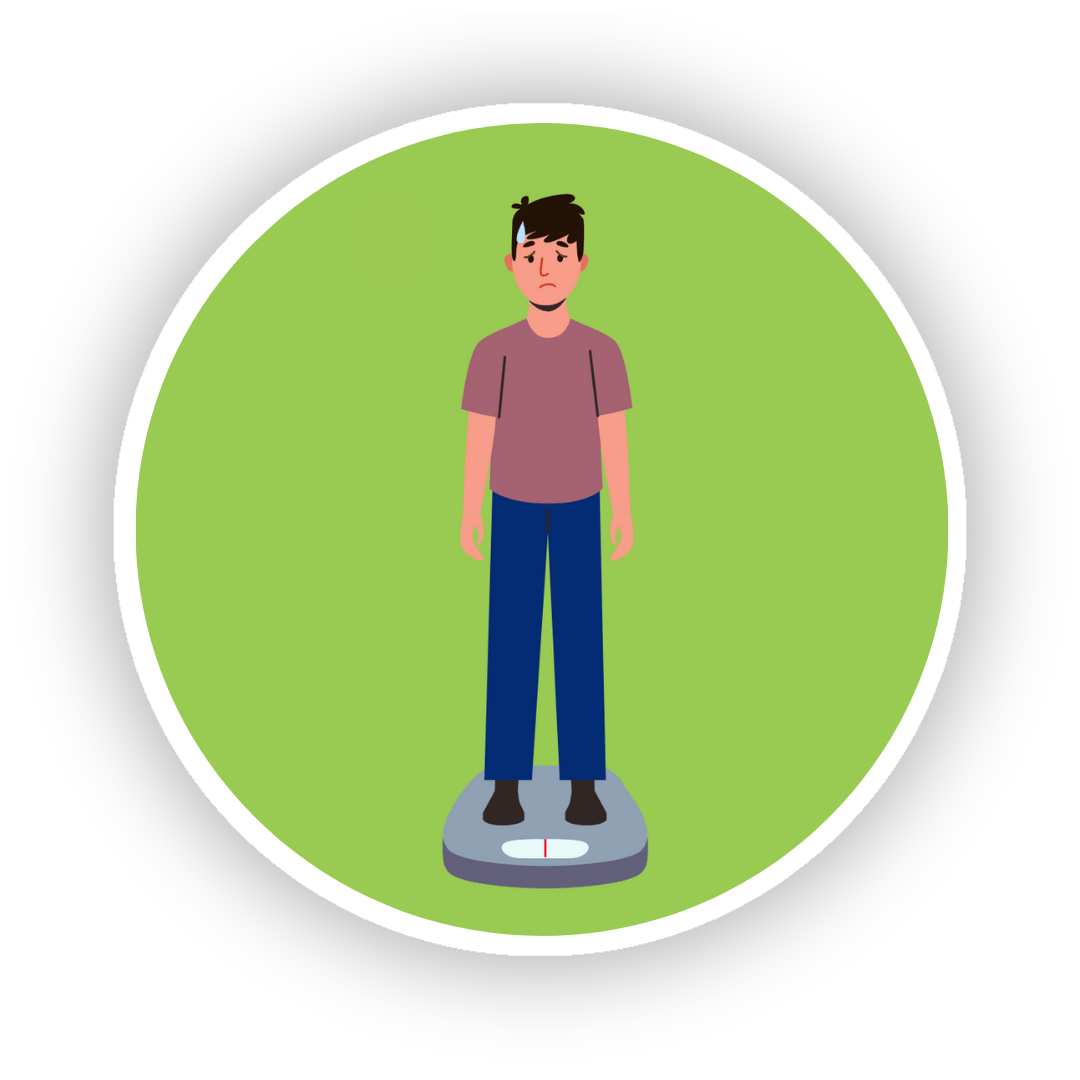
Unexplained Weight Loss
If you're losing weight without trying, it's important to check in with a doctor. This could be a sign of something bigger going on, like a problem with your lungs, heart, or digestive system. Other things to watch for include feeling tired, having trouble breathing, or coughing a lot. 4 It is better to understand the reasons for your weight loss as early as possible.
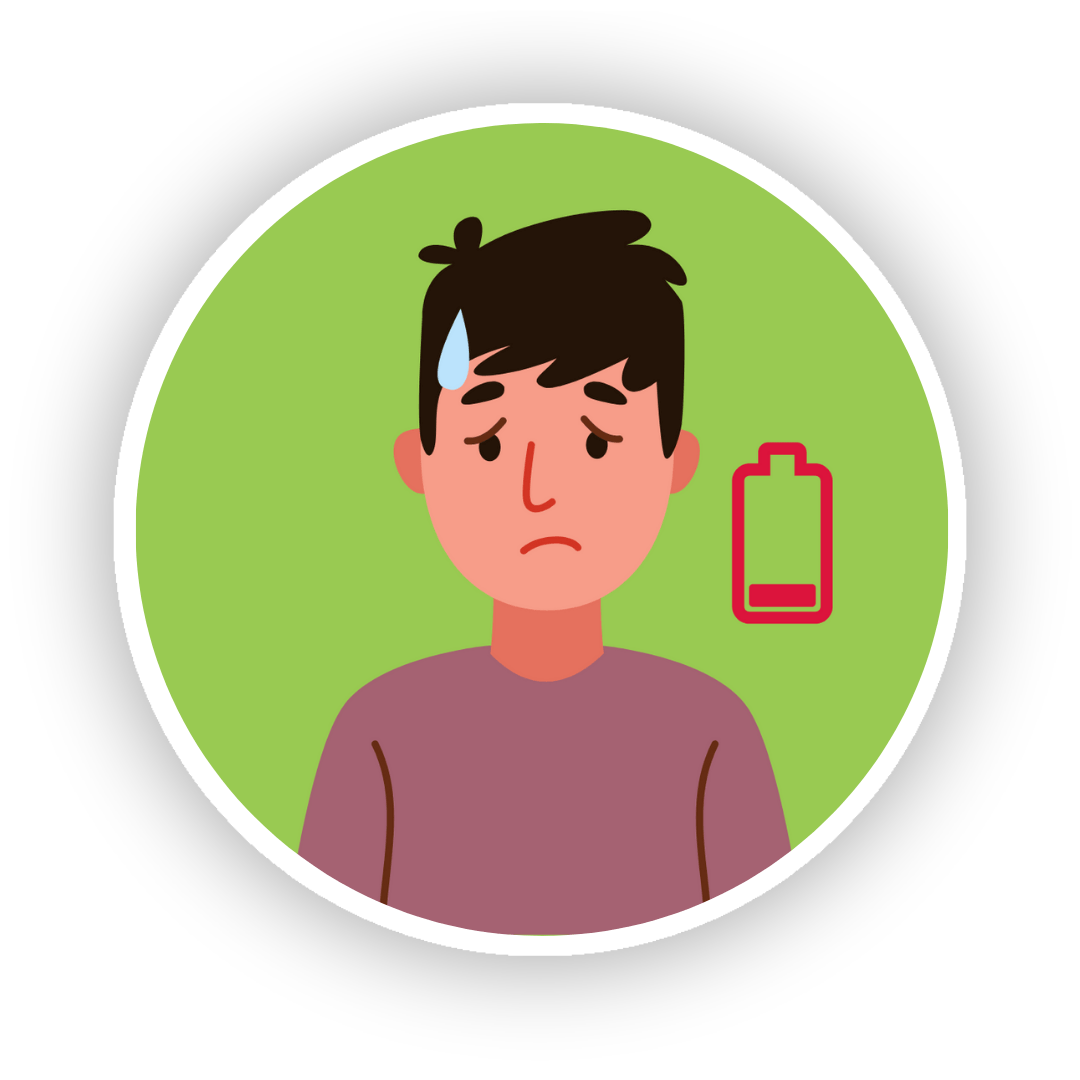
Fatigue
Fatigue is a common sign of many different medical conditions, including lung diseases. Chronic fatigue is a type of fatigue that is persistent and severe, and it can significantly interfere with a person's ability to function3

Chest Infections
Chest infections are infections of the lungs and airways. They can be caused by a variety of microorganisms, including bacteria, viruses, and fungi. Chest infections can range in severity from mild to severe, and they can be acute (short-term) or chronic (long-term).1 Repeated chest infections can be a sign of a weakened immune system or underlying lung disease. Some of the potential causes of repeated chest infections include COPD, interstitial lung disease, cystic fibrosis, HIV/AIDS, and diabetes.
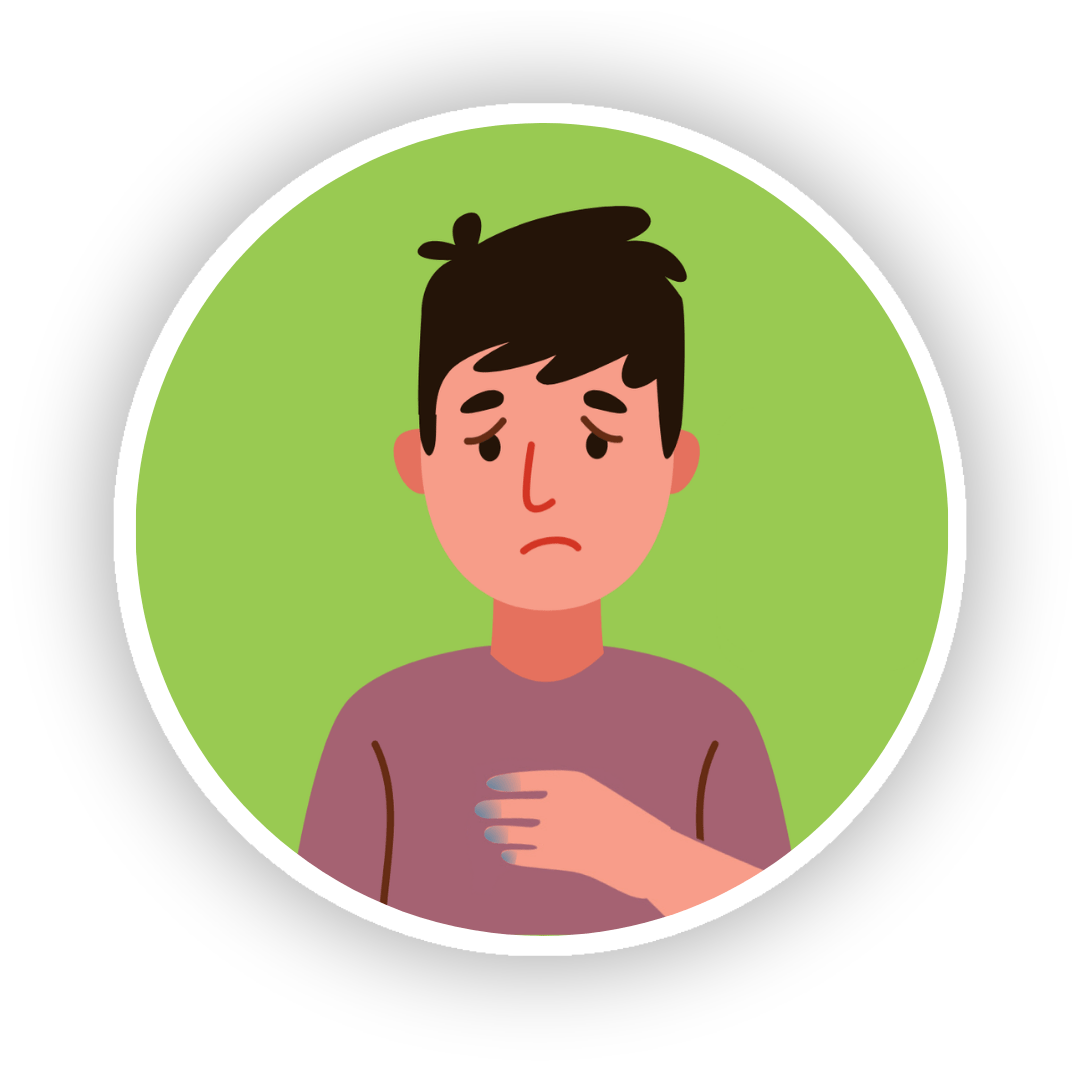
Bluish Fingertips or Lips
Cyanosis is a bluish discoloration of the skin, lips, or fingertips that occurs when the blood lacks sufficient oxygen. It is commonly associated with lung problems, such as COPD, and pneumonia, which impair the lungs' ability to absorb oxygen from the air.2
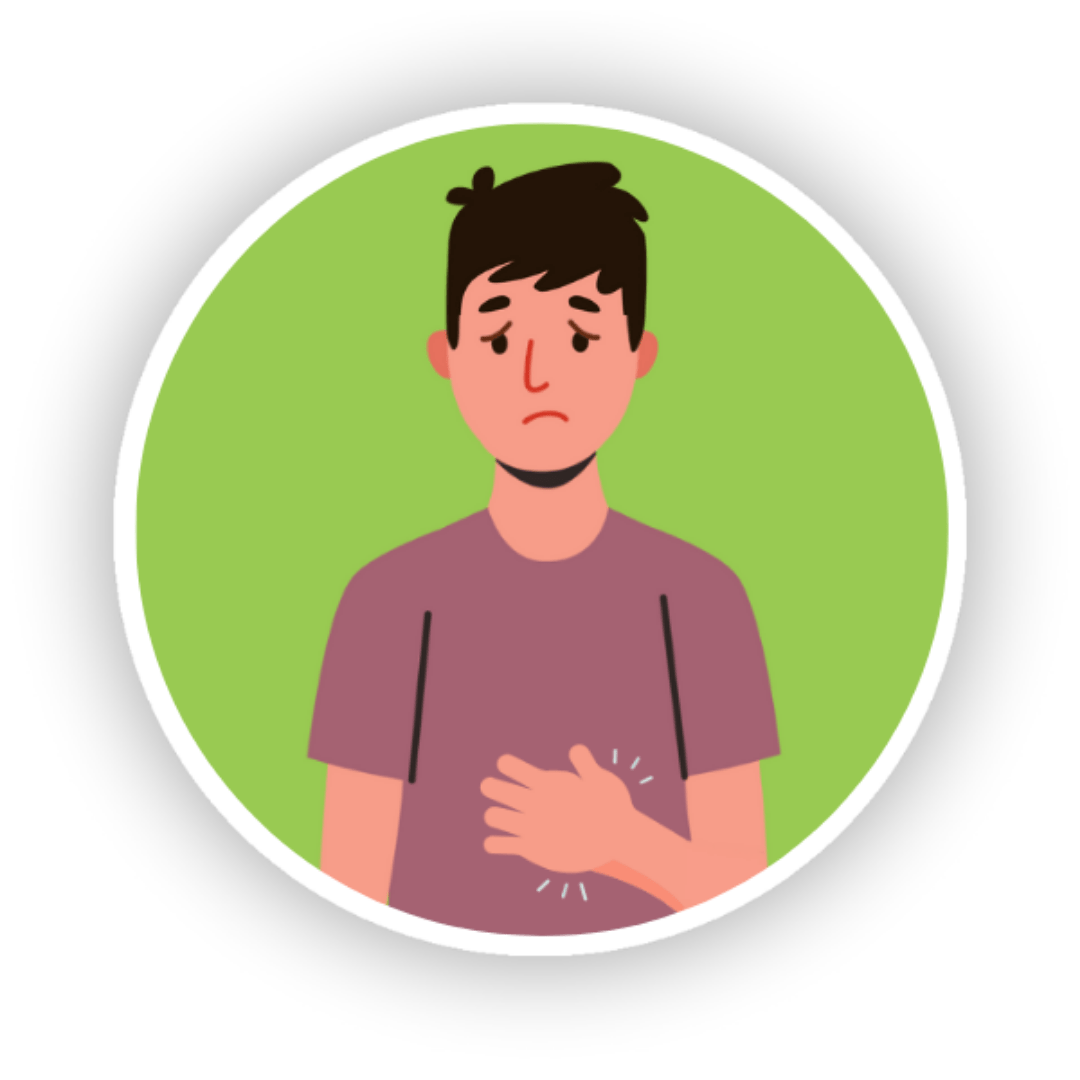
Swelling in the Legs or Hands
Your legs and hands can swell up like balloons when your body holds onto too much liquid. This is called edema. It may be a warning sign from your body when you have lung problems.3,2
When should you get your lungs checked?
Some activities can cause the airways to become narrow and lead to COPD.3
Gather your medical records. If you don't have them, write down a summary of your health history.
Make a list of all the medications you're taking. Include prescription drugs, over-the-counter drugs, herbs, supplements, and any other treatments.
Write down a list of all the doctors and other healthcare providers you see regularly. Include the reason for each visit.
Write down a detailed description of your symptoms. Include when they started, how severe they are, and what you've tried to do to relieve them.
Consider bringing a friend or family member to your appointment. They can help you take notes and remember what the doctor says.
Be prepared to answer questions about your lifestyle. This includes questions about smoking, drinking, and exercise.
Don't be afraid to ask questions or ask for clarification. Make sure you understand everything the doctor tells you.
Finding lung problems early is important for several reasons:
Early initiation of treatment: Treating lung problems early can help them from getting worse and improve your overall health.
Higher chance of success: Treating lung problems early makes it more likely that treatment outcomes will be better.
Fewer serious problems: Treating lung problems early can help prevent serious complications like heart disease and lung cancer.
Don't ignore any problems with your breathing, even if they seem minor or come and go. See a doctor to find out what's causing them and get the right treatment.
Early diagnosis and treatment of lung diseases like COPD, asthma, and lung cancer can make a big difference in your chances of getting better and staying healthy. The key is to catch these diseases early on, so don't wait to see a doctor if you're having any of these symptoms.
Reference
- Lung Foundation Australia. Signs & symptoms - Lung Foundation Australia [Internet]. [cited 2024 Aug 30]. Available from: Click here
- American Lung Association. Warning Signs of Lung Disease [Internet]. [cited 2024 Aug 30]. Available from: Click here
- Mayo Clinic. COPD - Symptoms and causes [Internet]. [cited 2024 Aug 30]. Available from: Click here
- Penn Medicine. Lung Disease - Symptoms and Causes [Internet]. [cited 2024 Aug 30]. Available from: Click here
- National Heart, Lung, and Blood Institute. Lung Health Resources [Internet]. National Heart Lung and Blood Institute. [cited 2024 Aug 29]. Available from: Click here